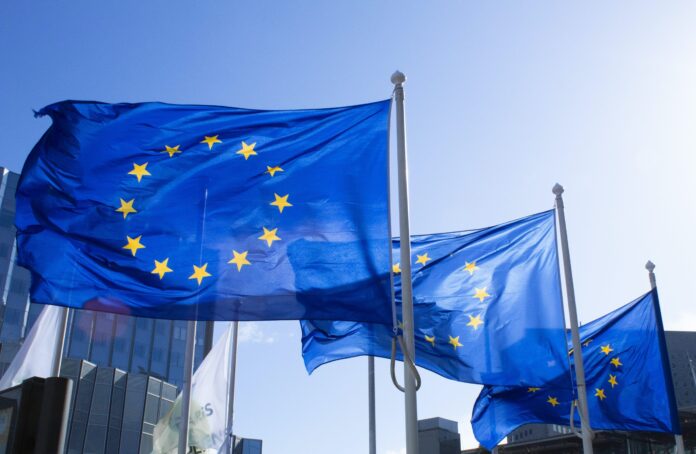Six European Union countries called on the European Commission to lower the $60 per barrel price cap on Russian oil set by G7 countries.
They argued that the move would further reduce Moscow’s revenue to fund its war in Ukraine without causing a shock to global markets.
The G7 price cap, introduced to restrict Russia’s oil trade income, aims to limit the Kremlin’s ability to finance its invasion of Ukraine. In a joint letter, Sweden, Denmark, Finland, Latvia, Lithuania, and Estonia emphasized the need to intensify sanctions.
“Measures that target revenues from the export of oil are crucial since they reduce Russia’s single most important income source,” the letter stated.
The existing cap sets Russian crude oil at $60 per barrel, with premium-to-crude petroleum products capped at $100 per barrel and discount-to-crude products at $45 per barrel. These caps have remained unchanged since their implementation in late 2022 and early 2023, during which Russian crude prices often stayed below the limit.
Ukrainian President Volodymyr Zelenskiy’s chief of staff, Andriy Yermak, underscored the importance of enforcing and adjusting price caps.
Writing on Telegram, he said, “There is a clear correlation between the price of energy carriers and the level of Russian belligerence. The higher the price of oil, the greater the number of weapons and aggressive intentions in Russia. The lower the price of oil is, the closer peace will be.”
The six EU countries also pointed out that the global oil market has stabilized since 2022, reducing the risk of supply disruptions from a lower cap. “In view of limited storage capacity and its outsized dependence on energy exports for revenue, Russia has no alternative to continue oil exports even at a substantially lower price,” their letter added.
As the geopolitical landscape evolves, the call to lower the oil price cap highlights continued efforts to tighten economic pressure on Moscow while maintaining global energy stability.




